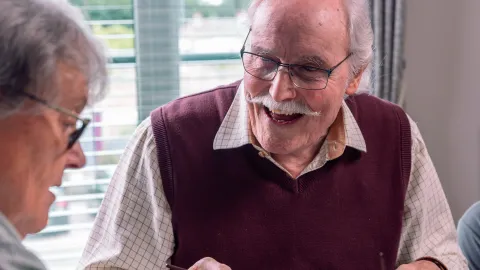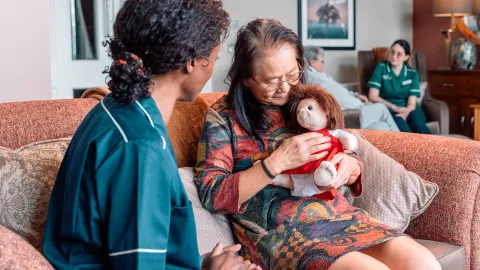Can technology improve medication processes?
In one of our previous blog posts Data and social care - Why is it important? we spoke about the role of technology and how it can impact social care in the future. Another interesting talking point is the fact that this will have a big impact on medication processes.
Medication processes is one of the areas where technology can potentially streamline a process, reducing risk and allowing staff to provide additional care and give more attention to those who need care. An interesting number is that 9.2 medications per day is the average for a care home resident; these medications are becoming increasingly complex and the risk of error reached 7 out of 10 drugs administered in 2014.
Below we list some of the benefits technology can bring to medication processes:
Better workflows
Technology as stated before will allow a certain level of flexibility for the caregivers. Being able to access correct information on smart devices without being tied to a computer will allow staff to access everything during the medication rounds. The number of potential errors would drastically decrease, with added levels of cross checking and security thanks to smart alerts.
Data collection
Collecting data in a traditional way on paper is much less time effective than being able to insert it into a data management system. The collected data is then used to proactively identify trends in medication and optimise medicines effectively. An example of this is how a resident reacts to a certain medication; thanks to all the data collected, systems will be able to suggest alternative methods to make the process more effective.
Management of stock
An electronically backed up medication management system will be able to alert staff when stock levels are diminishing ensuring a constant supply of the correct medications. This can work both ways, allowing both the care home and pharmacy visibility of stock. The system will also be able to prevent waste and under ordering.
The major role technology can play in the near future looks promising diminishing risk and human errors. Thanks to such improvements staff of care homes and caregivers will be able to concentrate on what is truly important, therefore increasing the quality of care.


